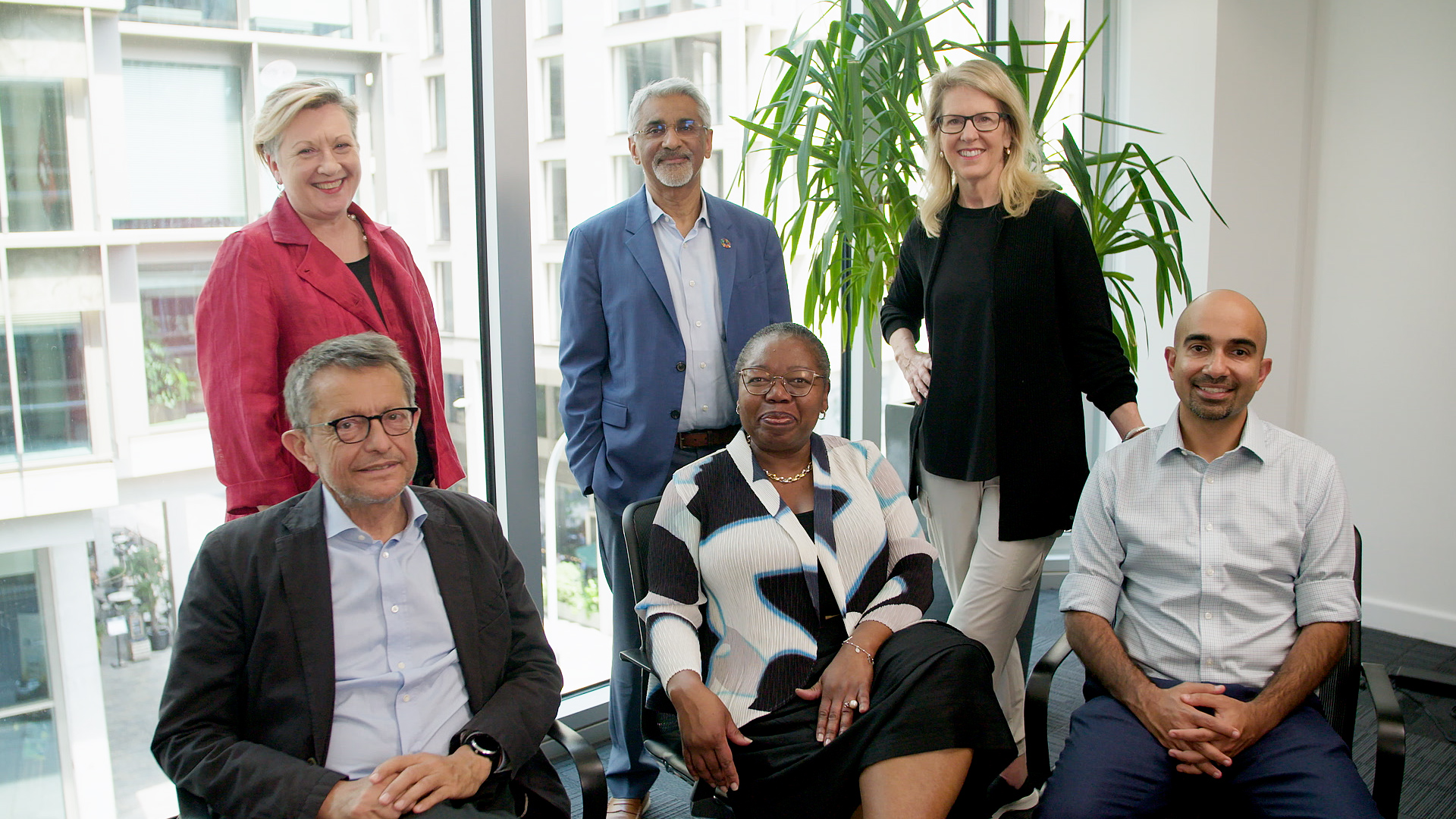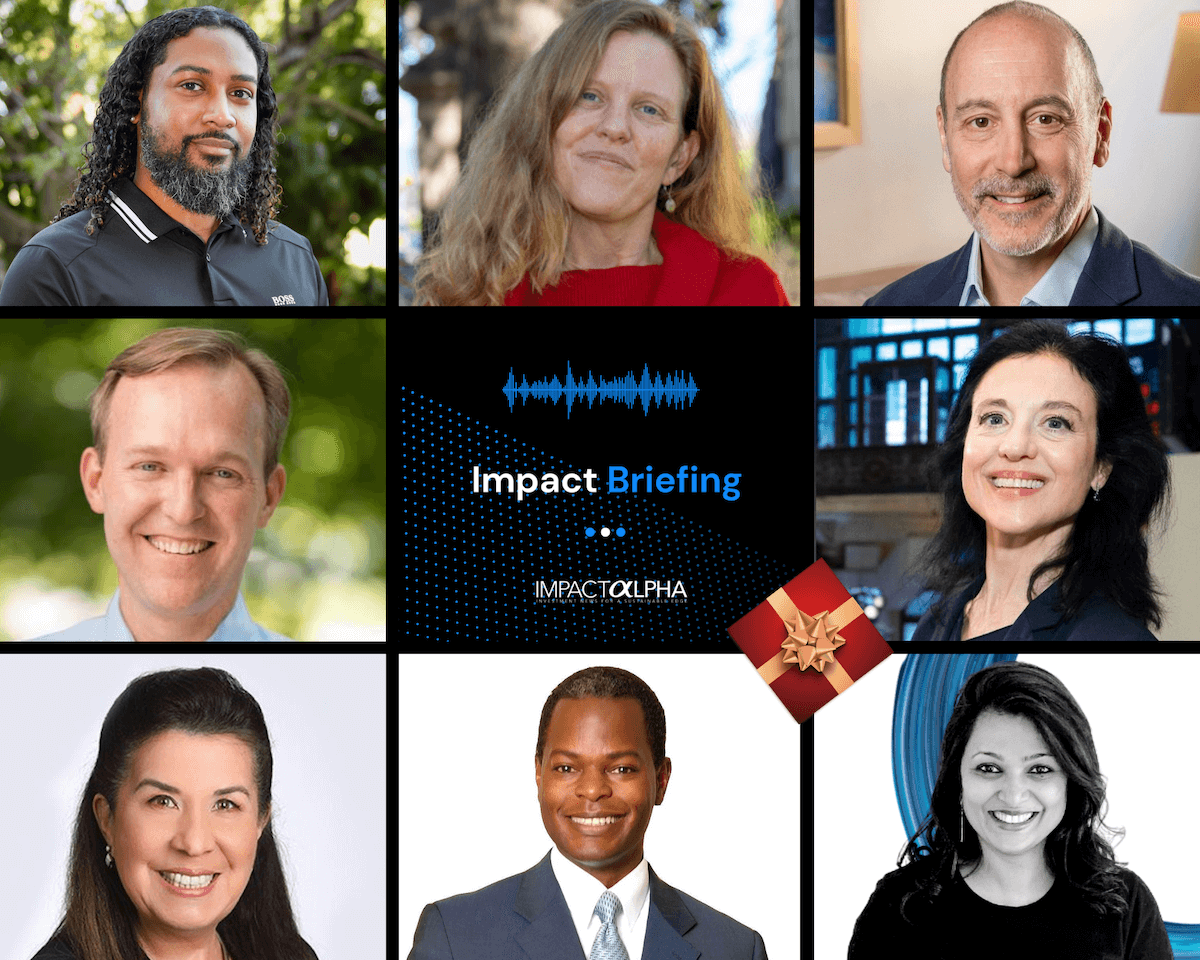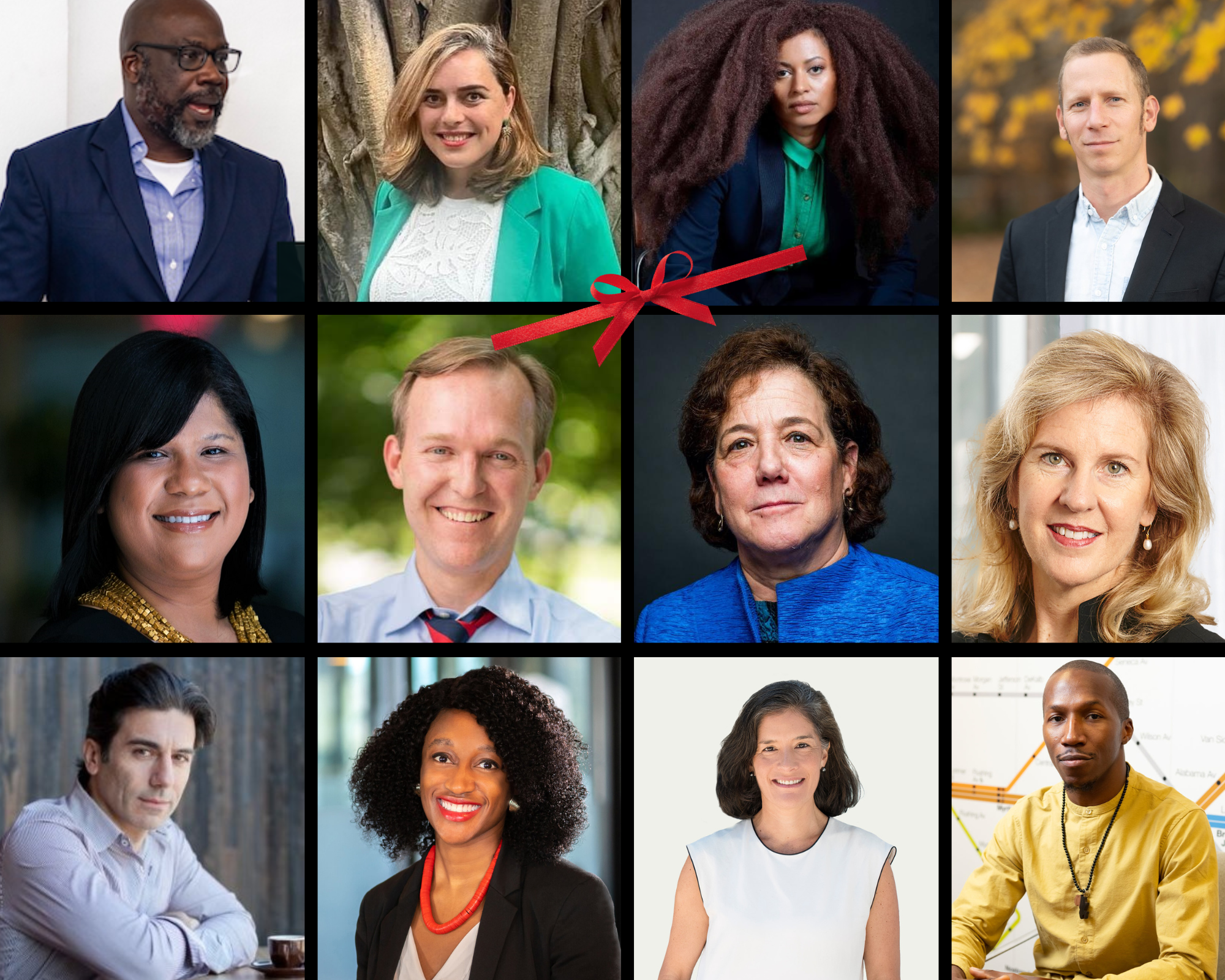The boardroom debate over impact became more serious and consequential last year.
This year, a broader set of stakeholders including consumers, communities, employees and regulators will be asking organizations to assess whether and how the organization is confronting environmental and social threats.
In this transition, market leaders – across industries and geographies – are those that take decisions to deploy products, services and resources that contribute – not only consider – solutions to address significant issues affecting people and planet.
Transitions are rarely linear. They often hold paradoxes and we are seeing this play out with ESG, short for investment approaches that center environmental, social and governance factors. In the United States, Republican lawmakers dedicated the entire month of July to their anti-ESG agenda. The “ESG backlash” story dominated headlines; Blackrock CEO Larry Fink – the individual who essentially mainstreamed the discussion of ESG – distanced himself from the term after being drawn into the political debate.
Over in Europe, the European Commission legislated a game-changing set of regulations — the European Sustainability Reporting Standards (ESRS)— with the first wave starting this month. The long arm of EU regulation will be felt not only in the EU but also in emerging markets and around the world.
Transition is the central theme that brings coherence to what we observed in 2023 and this will continue to be a helpful frame for decision makers as they head into 2024. What transition means in action will feature prominently in every board’s agenda.
Climate reality check
We are now almost midway through the make-or-break decade in which the IPCC says we must halve global emissions or set ourselves and future generations up for a future that is impossible to adapt. At Mondiale Impact, we see a gap emerging between promises and action, a shortcoming that has particular significance in the boardroom.
Expectations around COP28 in Dubai were low and the outcomes suggest a continuing gap between rhetoric and action.
The International Energy Agency’s Fatih Birol said pledges made by the fossil fuel industry in Dubai would not be enough to limit global warming to 1.5C. He noted a “major gap” between the proportion of investment allocated to clean technologies compared with how much fossil fuel executives talked about climate change in their speeches.
The outcomes at COP that do point to the way forward are also around the notion of transition, including for the first time a commitment to move away from fossil fuels.
At the same time, we see legacy practices heightening the risk of litigation for organizations that overstate their ESG or impact credentials. Short of government intervention, the growth in litigation is likely to continue into 2024. We are seeing climate change litigation cases not just in the Anglosphere but in countries such as Bulgaria, China, Finland, Romania, Russia, Thailand and Turkey.
Litigation has raised the stakes of the debate in many parts of the world. Most notably in the United States, the issue of ESG is politically charged and polarised. This fragmenting of the debate is happening when we are running out of time.
Below are some areas that are very much in transition:
ESG is not impact
ESG continues to dominate headlines and boardroom conversations around sustainability. However, there is growing awareness that a singular ESG lens is like driving looking in the rearview mirror; it gives a perspective but doesn’t inform decisions affecting future performance.
Throughout 2023, we observed some important shifts taking place, from measurement to management of social and environmental impacts. This moves us away from a backward-looking compliance and reporting approach. ESG provides a useful baseline and to keep momentum moving in the direction of meaningful impact, organizations should continue to interrogate what we mean by impact, which impacts matter most and how this informs decision making.
Effective governance is undervalued as a lever of change
The emergence of effective governance as a lever of change is another notable theme. Throughout the year we’ve observed mounting disappointment and frustration with the pace and scope of efforts taken by financial and business actors to deploy resources aimed at addressing the climate and inclusion challenges.
Stakeholders are shifting their attention toward the decision makers of these institutional actors. The failure to act in response to climate change is becoming a measure of board effectiveness, particularly when those failures ignore wealth disparities. Decision-makers and boards of directors are central in our impact conversations for it is at these tables that actions are taken or avoided, actions that can make a difference in the near, medium and long-term.
Social is a huge part of sustainability
Climate change is a risk amplifier across food, energy, water and the economy. If we do not address it with justice and equity we should anticipate community backlash.
This shift was evident at the COP in Dubai where multiple transition paths that a company or country could tread highlighted the importance of anticipating the broader socio-economic implications of each potential pathway, one that takes proper account of – and makes appropriate provisions for – addressing the associated socio-economic implications. This impact oriented approach will be more effective than uni-dimensional responses that only focus on cutting carbon and methane.
In addition to bridging the social and environmental we need to bridge the supply and demand sides of the social economy equation. To do it we will need more forums that bridge these two together. If our conferences continue to happen in isolation we risk impact investing becoming a finance-only story.
Board imperatives
Smart organizations and their boards will continue to build and strengthen their fitness to respond. Visionary leaders will seize the value-creation opportunities for how their organizations can differentiate and build resilience for strong performance.
We’ll leave you with three questions every board should be asking themselves in 2024.
Where are we in our transition – are our goals ambitious enough? Do we understand our contribution relative to the rate of change required to make measurable progress?
Where do we need to probe more deeply? How can we ask different questions to move beyond compliance and deliver net positive impacts across the strategic agenda?
Are we setting a direction for impact in the near, mid and long term? Are we enabling and encouraging people throughout the organization to put energy, resources and priority on strategic opportunities?
The imperative to better integrate social and environmental issues is not going away. Leaders will continue to be asked to account for both how their organization has avoided doing harm and where their organization is having a positive impact. That’s where the pathway to meaningful impact lies.
Laurie Spengler and Rosemary Addis are founding partners of Mondiale Impact, a global partnership of experienced leaders shaping impact and sustainability markets.











